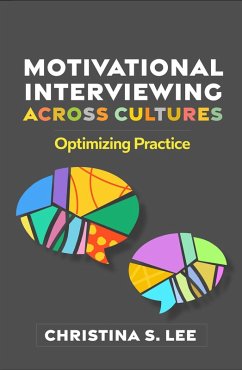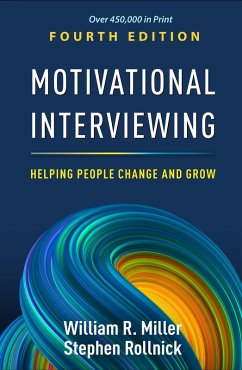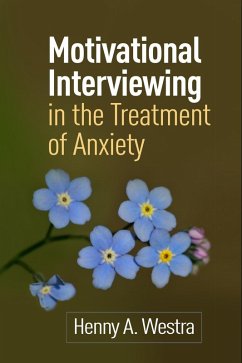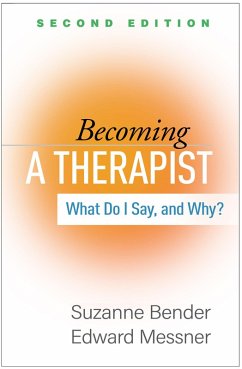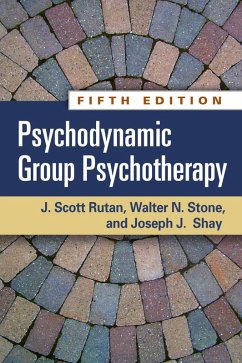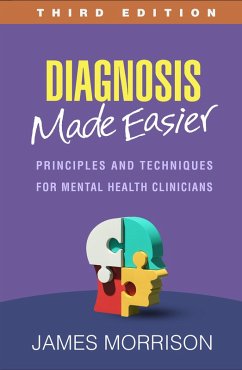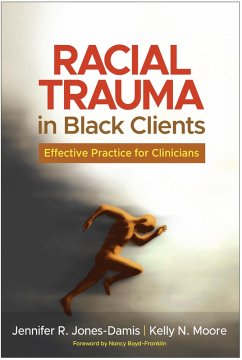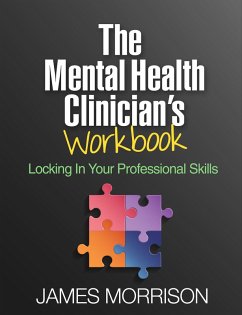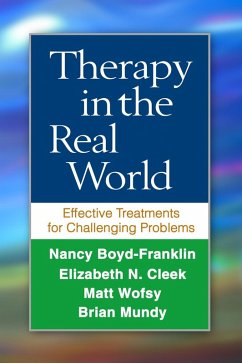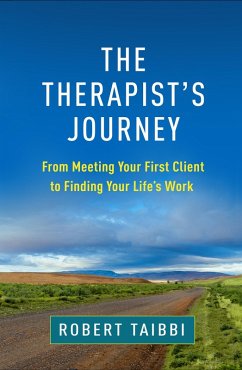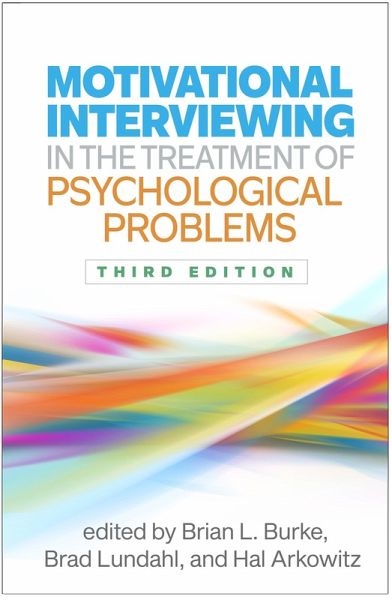
Motivational Interviewing in the Treatment of Psychological Problems (eBook, ePUB)
Versandkostenfrei!
Sofort per Download lieferbar
36,95 €
inkl. MwSt.
Weitere Ausgaben:

PAYBACK Punkte
18 °P sammeln!
With 75% new material, the fully revised third edition of this clinical reference and text describes ways to integrate motivational interviewing (MI) into evidence-based psychotherapy and counseling. Readers learn how MI concepts and tools can enhance their foundational skills as helpers--and can be tailored for clients with depression, anxiety disorders, addictions, posttraumatic stress disorder, and other frequently encountered problems. Chapters are grounded in research on what works for particular disorders. Vivid case examples illustrate the role that MI can play in helping clients at any...
With 75% new material, the fully revised third edition of this clinical reference and text describes ways to integrate motivational interviewing (MI) into evidence-based psychotherapy and counseling. Readers learn how MI concepts and tools can enhance their foundational skills as helpers--and can be tailored for clients with depression, anxiety disorders, addictions, posttraumatic stress disorder, and other frequently encountered problems. Chapters are grounded in research on what works for particular disorders. Vivid case examples illustrate the role that MI can play in helping clients at any stage of treatment to resolve ambivalence and mobilize their energy, commitment, and personal resources for change.
New to This Edition
New to This Edition
- Chapters on culturally responsive MI, trauma-informed practices, and MI in child welfare.
- Chapters on treating chronic pain and serious mental illness.
- Key developments in MI, as well as current psychological research.
- Extensive annotated sample dialogues throughout the chapters.
Dieser Download kann aus rechtlichen Gründen nur mit Rechnungsadresse in A, D ausgeliefert werden.




